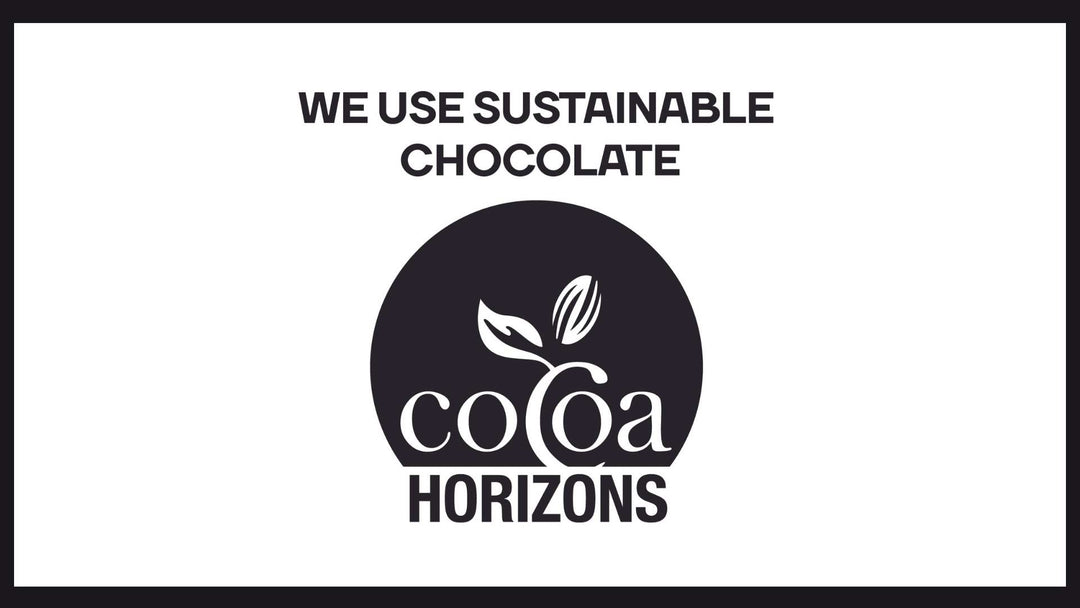The Science of Chocolate
Lowers risk of heart disease
Lowers risk of lung cancer
Lowers risk of prostate cancer
Lowers bad cholesterol (LDL)
Lowers risk of asthma
Lowers risk of type-2 diabetes
Reduces blood clotting
Stabilizes arterial plaque
Chocolate contains vitamins A, B1, B2, B3, C, E, and pantothenic acid, as well as a true treasury of minerals: copper, magnesium, iron, potassium, calcium, manganese, and zinc. Chocolate is an excellent recovery snack after exercise.
Antioxidants
Cocoa flavanols, the specific group of polyphenols present in cocoa, have been shown to have a powerful antioxidant effect, just like the polyphenols in red wine. Darker chocolate with a higher concentration of cocoa offers the highest benefit.
Serotonine and Phenylethylamine
Chocolate can make you feel good during and after consumption by increasing serotonine levels in the brain. Phenylethylamine is a slight antidepressant and stimulant similar to the body’s own dopamine and adrenaline.
What about Fat and Sugar?
After all, it is candy, but regular, moderate consumption of chocolate fits perfectly into the context of a varied and balanced diet and can make your taste buds sing and gives some people (like us) a reason to live. What could be better than that?
What about Caffeine and Theobromine?
Chocolate contains very minimal quantities of caffeine, much less than coffee, tea, or soda. Theobromine is a very mild stimulant and mild diuretic, toxic to some animals like dogs, cats, horses and parrots.
For more information, see http://www.cacaoweb.net/nutrition.html




